Jane Frances
19 November 2019
Jane Frances
Jane Frances is a psychotherapist and was for many years Schools Specialist and Policy Advisor in Education at Changing Faces, UK. She is an expert in the psychology of visible difference.
She tells us of how findings from psychological research can help parents and teachers of children with Neurofibromatosis to better support them.
“I have worked with a lot of children with many conditions including NF, and I’ve found that the responses by other people to visible difference is pretty standard across conditions. The advice I give is based on research. ‘Common sense’, however well-intentioned, can lead to counterproductive interventions.
For example, if a child is staring at a child with a visible difference, the ‘natural’ reaction of the teacher is to say, ‘you mustn’t stare’. The result is that children learn to turn away, and the child with the difference feels even more isolated.
A better response is for the teacher to tell the staring child, ‘if you find yourself staring, smile and say ‘Hello, my name is Jane. What’s your name?’’
It is even more important that parents or the teacher coach the child who has NF to handle other children’s curiosity. The best strategy is for the child with NF to have something to say, like: ‘Don’t mind my lumps and bumps. I’ve got NF. Have you got something interesting about you?’ It is always good to round off with a question and engage – curiosity is the beginning of a relationship.
If the child is shy and nervous, the teacher might need to say, ‘Oh you’ve noticed Timothy’s unusual face. Well that’s the way Timothy’s face is, and did you know Timothy has a pet cat?’
We know from countless studies that it is harder for a child who looks unusual to make and keep friends. This is caused not by an aversion to the unusual face, but by an aversion to the stigma. The key, therefore, is to reduce or eliminate the stigma. The conversational strategies above will help. A curious stare is a door to a conversation and possible relationship.
Teachers’ expectations are also key: they need to hold in their heart really positive hopes for this child’s future. Many studies confirm the ‘Pygmalion Effect’: that lower expectations lead to lower results. Teachers aren’t doing children a favour by going easy on them. The child needs tough, high expectations.
These are just a few tips. You can get more information and resources for tackling issues of face equality and the impact of appearance at changingfaces.org.uk.”
– Jane Frances"The best strategy is for the child with NF to have something to say, like: ‘Don’t mind my lumps and bumps. I’ve got NF. Have you got something interesting about you? "
Filter News

Meet Carolyn
Specialist NF Advisor Carolyn is based in Birmingham and covers the West Midlands, Shropshire and Staffordshire.
Read More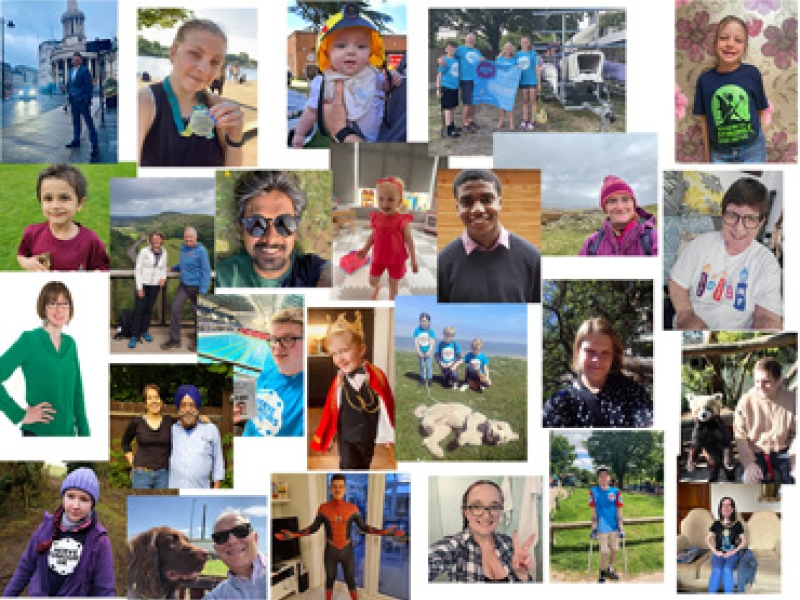
Today is Giving Tuesday
Call out by Karen Cockburn, Charity Director, to donate and support the NF Community
Read More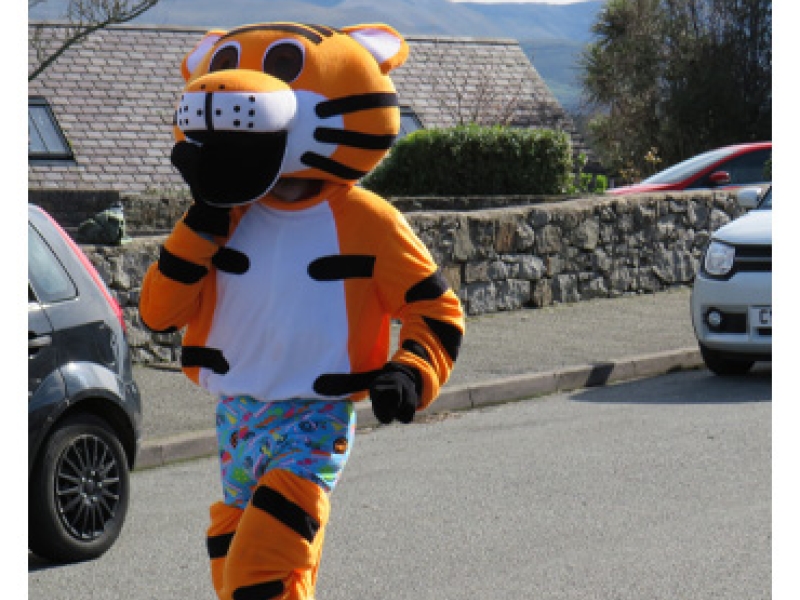
Runderpants fun run
Get your Runderpants here! Set up a fun run wearing some special fundraising pants
Read More
Meet Sarah, our new Specialist NF Nurse
Sarah will be based in Leeds, supporting families across Yorkshire and Humberside
Read More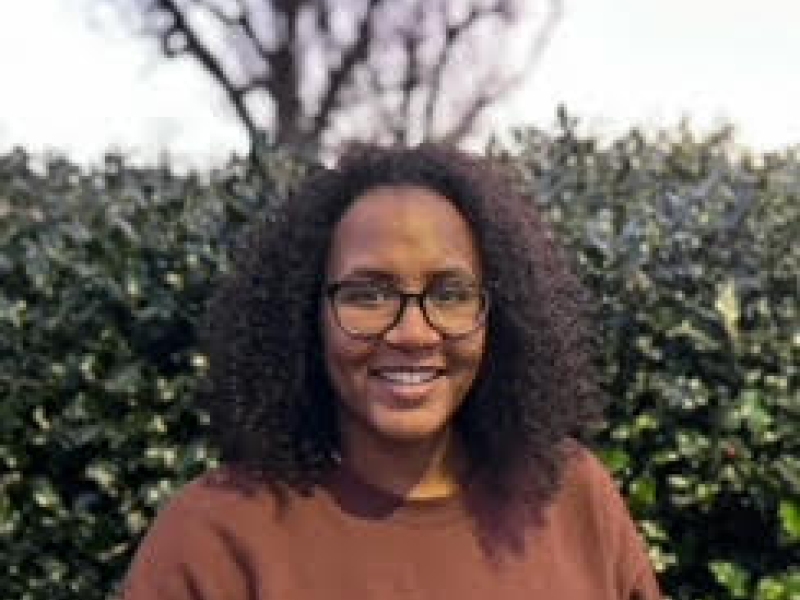
Meet Charmaine, Our New Specialist NF Nurse
Read More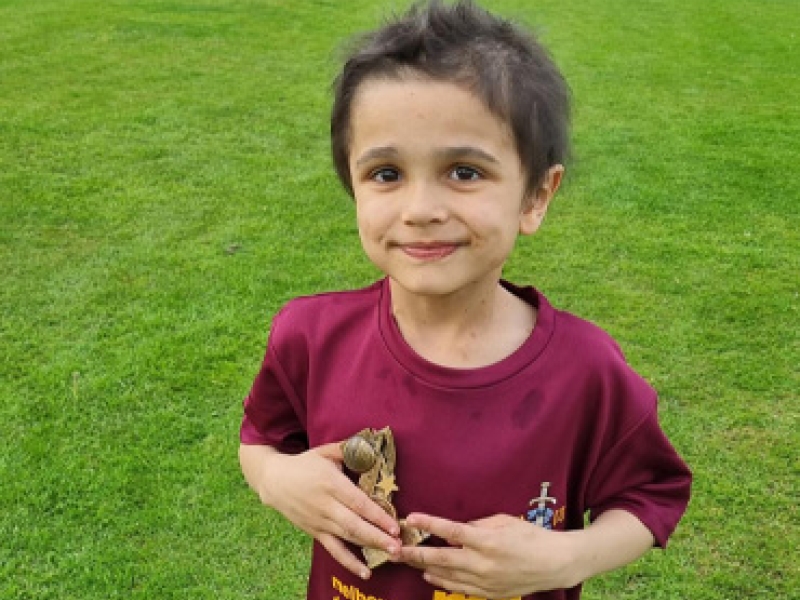
Eashan’s NF1 story
'Why Run'... Eashan was diagnosed with NF1 after losing his eyesight when he was 5. His mother Jen tells his story.
Read More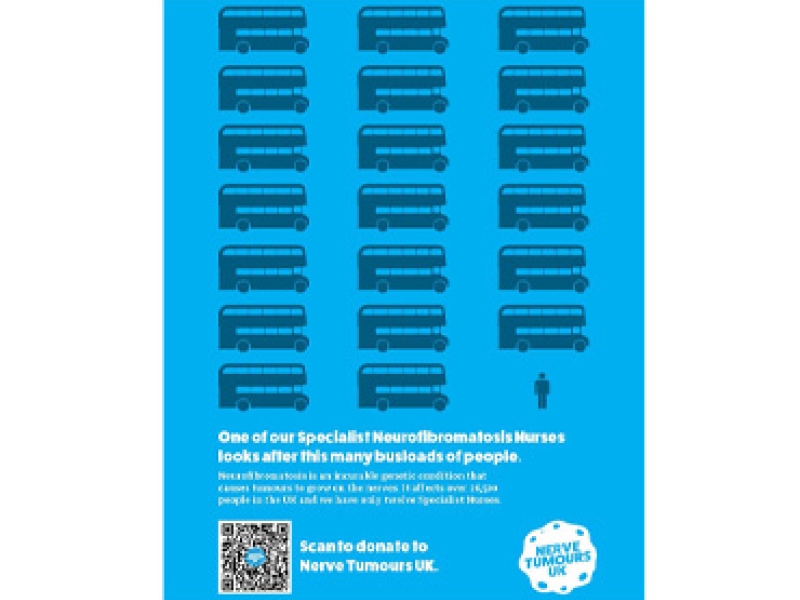
2023 Awareness Campaign
Nerve Tumours UK have joined forces with RBH to raise awareness for a second successive year.
Read More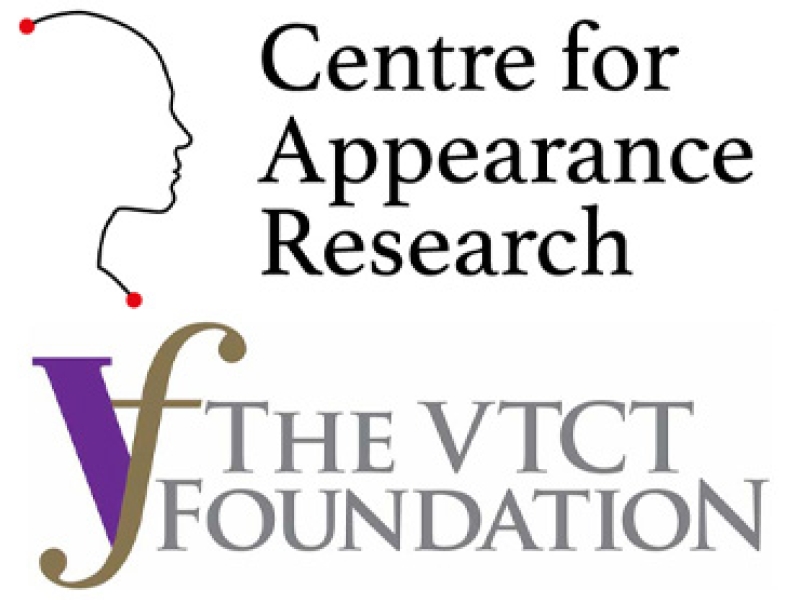
Disclosing and explaining visible differences - CAR Workshop
Read more about the workshop, featuring additional guidance from Specialist NF Nurse Rebecca Rennison
Read More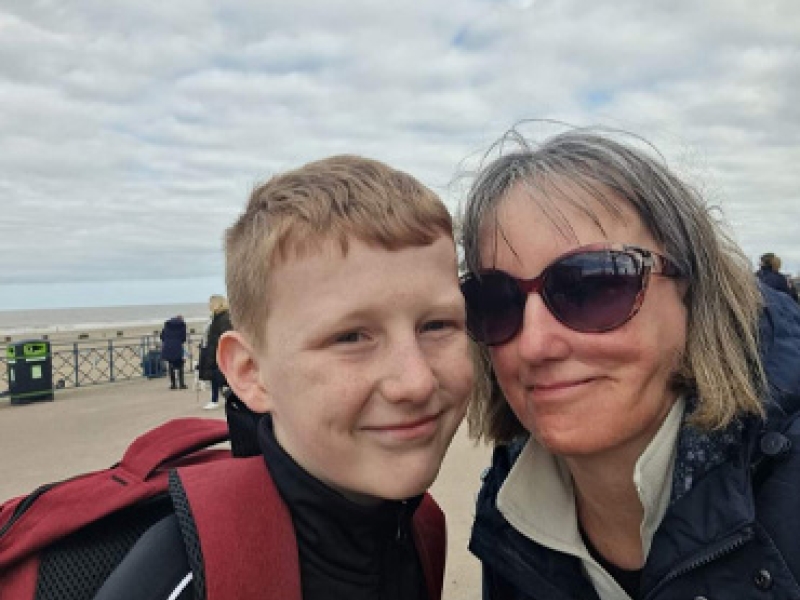
Jo Ward’s Avastin Blog
Jo Ward, CEO of NF2 BioSolutions UK, shares a blog about her son Oscar's Avastin journey
Read More

